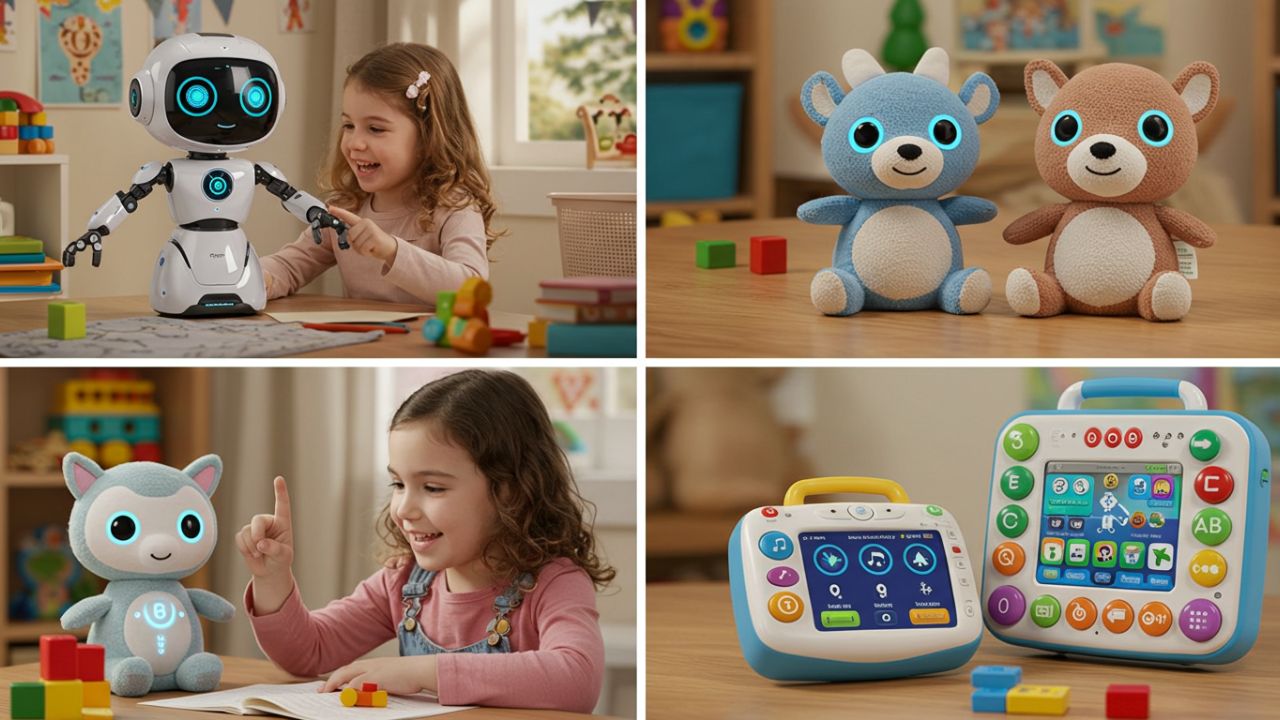
Mattel is the largest toy manufacturer in the world, as well as one of the most traditional companies in the segment. However, this does not mean that it is stuck in the past. On the contrary, the company has invested in artificial intelligence .
An agreement signed with OpenAI , responsible for ChatGPT, establishes the use of AI in some products for children over 13 years of age. There is not much information about this partnership, but the news is already enough to raise some important discussions.
Toys are becoming more and more technological
- Mattel is responsible for several innovations that have made toys more responsive.
- In 1960, for example, the company launched a doll capable of singing “I love you” and “Let’s play school.”
- Increasingly interactive products were developed in the following decades.
- But it wasn’t until 2015 that AI entered the game.
- Technology was used so that Barbie could hear and respond to children’s conversations.
- This data was sent to Mattel servers and security researchers soon showed that the dolls could be hacked, exposing home networks and personal recordings.
Impacts of AI on Children
In an article published on The Conversation , André McStay, a professor at Bangor University in Wales, states that the addition of artificial intelligence to the sector needs to be discussed. In particular, due to the need to create safety features, including topic limitations and pre-scripted responses for sensitive topics and when conversations go off course. Even so, there are risks.
Children can’t be expected to understand how their data is processed. Parents often can’t either. Online consent systems encourage us to click “accept all,” often without fully understanding what’s being shared. Then there’s the psychological intimacy. These toys are designed to mimic human empathy. If a child comes home sad and tells the doll about it, the AI might comfort them. The doll could then tailor future conversations accordingly. But it doesn’t really care. It’s pretending, and that illusion can be powerful.André McStay, Professor at Bangor University
According to the expert, this creates one-sided emotional bonds, with children forming attachments to systems that cannot reciprocate. As AI systems learn about a child’s moods, preferences, and vulnerabilities, they can also create data profiles to follow children into adulthood.
This means that these are not just toys, but psychological actors. Because of this, the professor argues that, although laws should establish limits, detailed standards can help define good practices in the sector. Mattel was contacted by the researcher, but preferred not to comment on the use of AI in toys.


